The Connection Between Diet and Heart Disease: What You Need to Know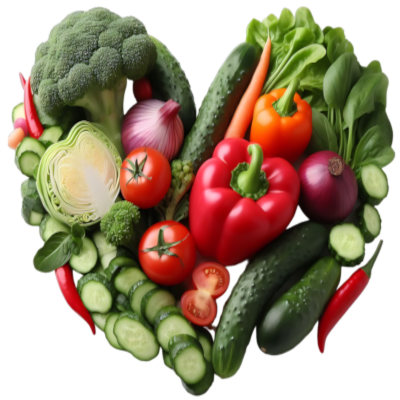 |
 Self Help
Self Help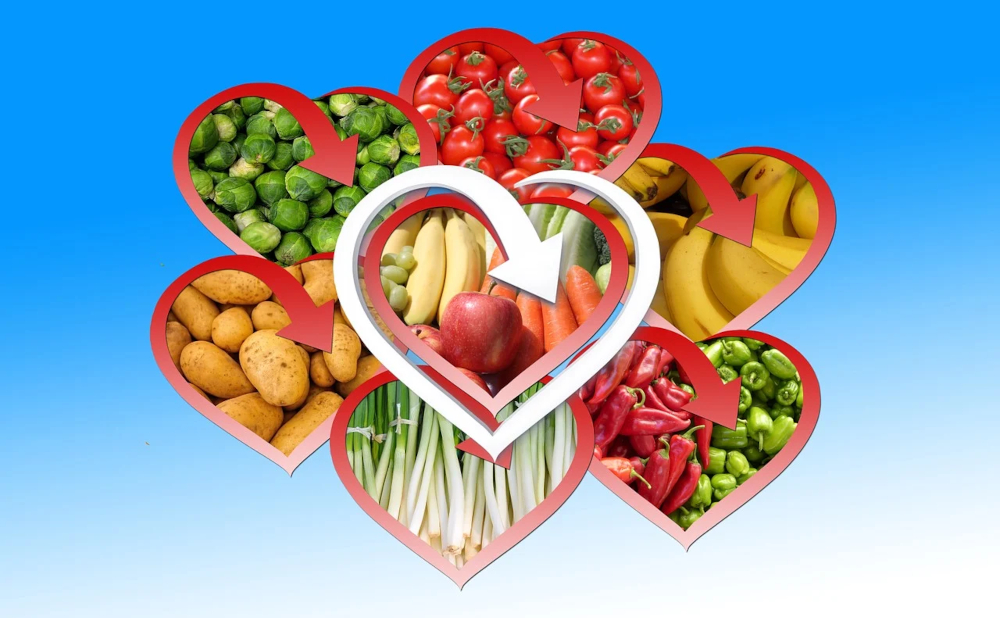
The food we eat provides our body with essential nutrients and energy to function properly. However, not all foods are created equal. Some foods, especially those high in saturated and trans fats, cholesterol, and sodium, can increase your risk of heart disease. These unhealthy components can lead to the build-up of plaque in the arteries, causing them to become narrow and making it difficult for blood to flow freely. This can lead to various heart conditions such as coronary artery disease, heart attack, and stroke.
On the other hand, a diet rich in fruits, vegetables, whole grains, and lean proteins can help protect your heart and reduce the risk of heart disease. These foods are packed with vitamins, minerals, and antioxidants that can help lower cholesterol levels, reduce inflammation, and improve overall heart health.
The Mediterranean Diet, for example, has been shown to have numerous benefits for heart health. This diet is rich in plant-based foods, healthy fats, and moderate amounts of lean protein. It has been linked to a reduced risk of heart disease, stroke, and heart-related deaths.
In addition to the overall quality of your diet, specific foods and nutrients have been found to have a significant impact on heart health. Here are some examples.
These are high in vitamins, minerals, and antioxidants that can help lower blood pressure, reduce inflammation, and improve overall heart health. Aim for at least 5 servings of fruits and vegetables per day.
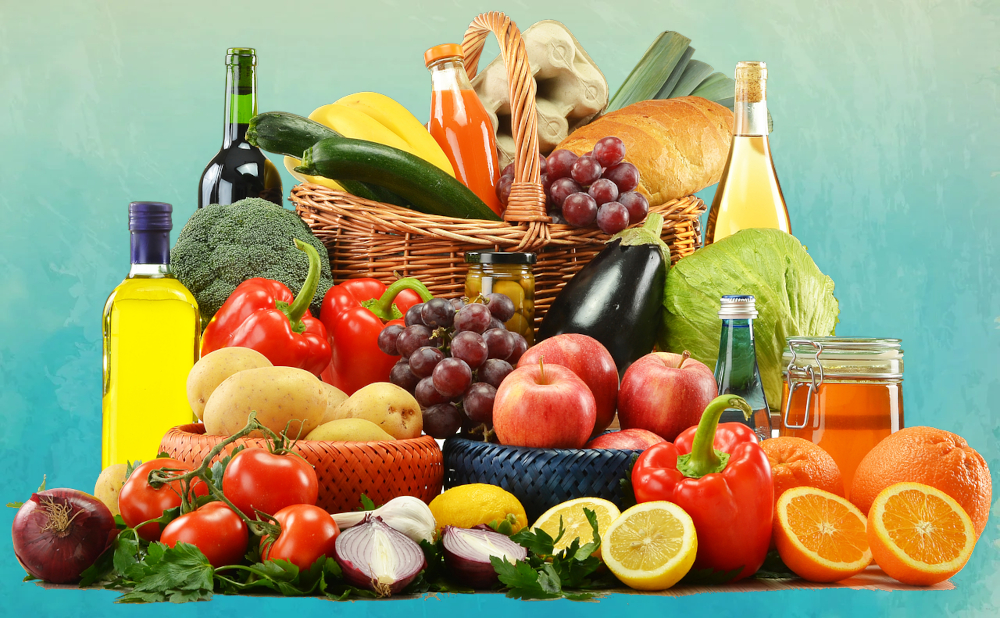
Whole grains are an excellent source of fiber, which can help lower cholesterol levels and reduce the risk of heart disease. Opt for whole-grain bread, pasta, and cereals instead of refined grains.
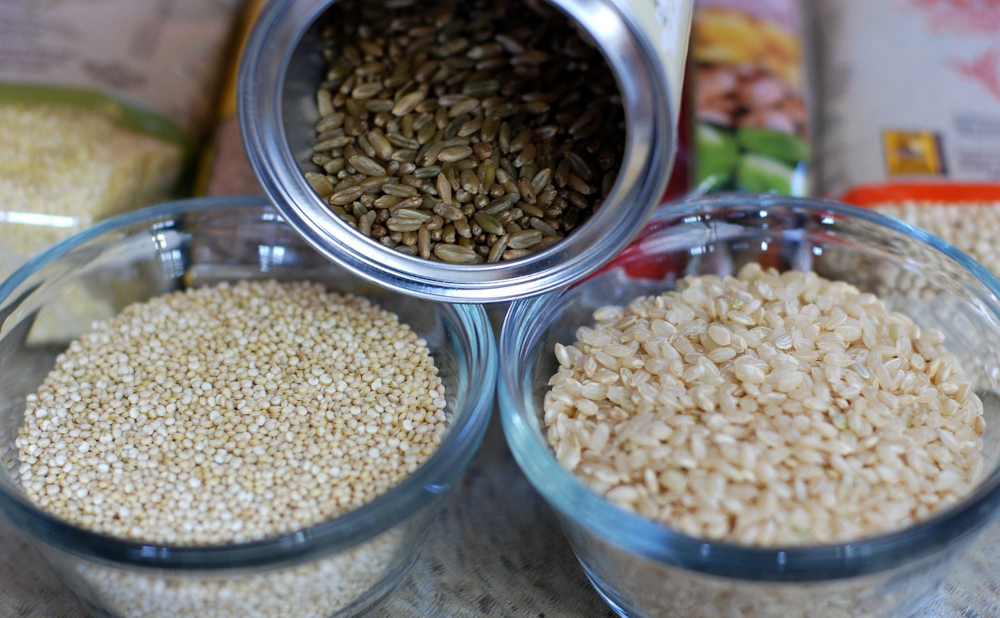
Healthy fats, such as those found in olive oil, avocados, nuts, and fatty fish, can help improve cholesterol levels and reduce the risk of heart disease. Aim for 2-3 servings of healthy fats per day.
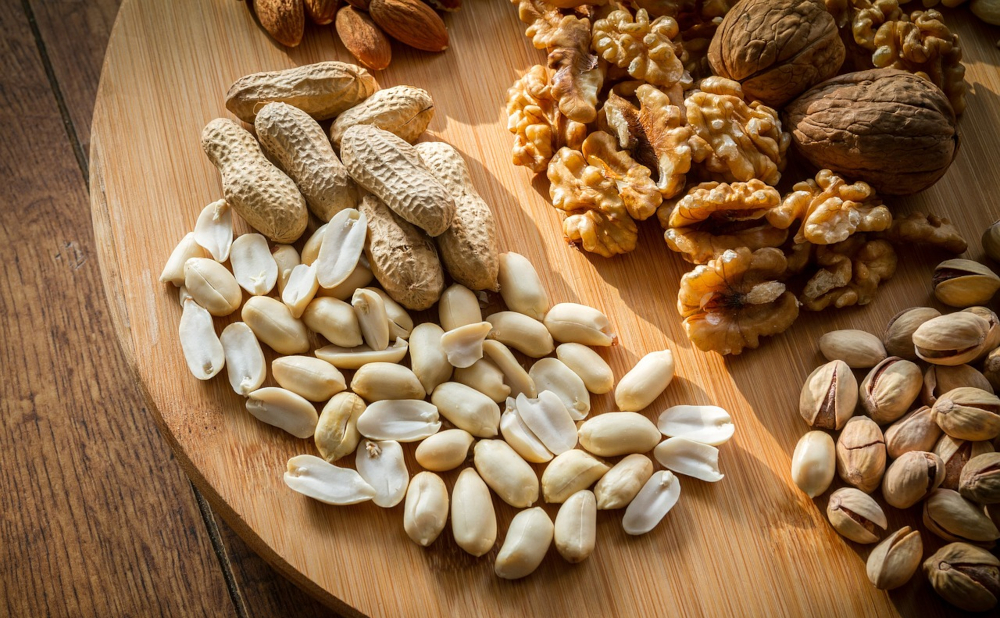
Consuming too much red meat, especially processed meat, has been linked to an increased risk of heart disease. Limit your intake of red meat and opt for leaner protein sources such as chicken, fish, and plant-based proteins.
Consuming too much sodium can increase blood pressure and put a strain on the heart. Limit your intake of processed foods and opt for low-sodium options when possible.
Making dietary changes can feel overwhelming, but small steps can make a big difference in your heart health. Here are some tips to help you get started.
Instead of completely overhauling your diet, start by making small changes such as adding a serving of fruit or vegetables to each meal.
Pay attention to the nutrition labels and ingredients list of the foods you buy. Avoid foods high in saturated and trans fats, cholesterol, and sodium.
Cooking at home gives you control over the ingredients and allows you to make healthier choices.
Opt for healthy fats such as olive oil, avocados, and nuts instead of saturated and trans fats.
Even healthy foods can be detrimental to your heart health if consumed in large portions. Be mindful of the recommended serving sizes.
There is a strong connection between diet and heart disease. Eating a healthy, balanced diet can significantly reduce your risk of heart disease and improve your overall heart health. By making small changes to your diet, such as incorporating more fruits and vegetables and choosing healthier fats, you can take control of your heart health and reduce your risk of heart disease. Remember, your heart is a vital organ, and it is important to nourish it with the right foods.
Thank you for visiting us. Please visit us again. You are always welcome.
AND:
Remember! At SurfSideSafe, we are here to make your life much better.
Join SurfSideSafeCreating an account with SurfSideSafe is very easy.In a few minutes, you will have the best Social Media experience you have ever had in your life.  |

Upload☻Create☻Connect
All in one place
And we actually listen
👉 See why people are making the switch

Creating an account with SurfSideSafe is very easy.
In a few minutes, you will have the best Social Media experience you have ever had in your life.
